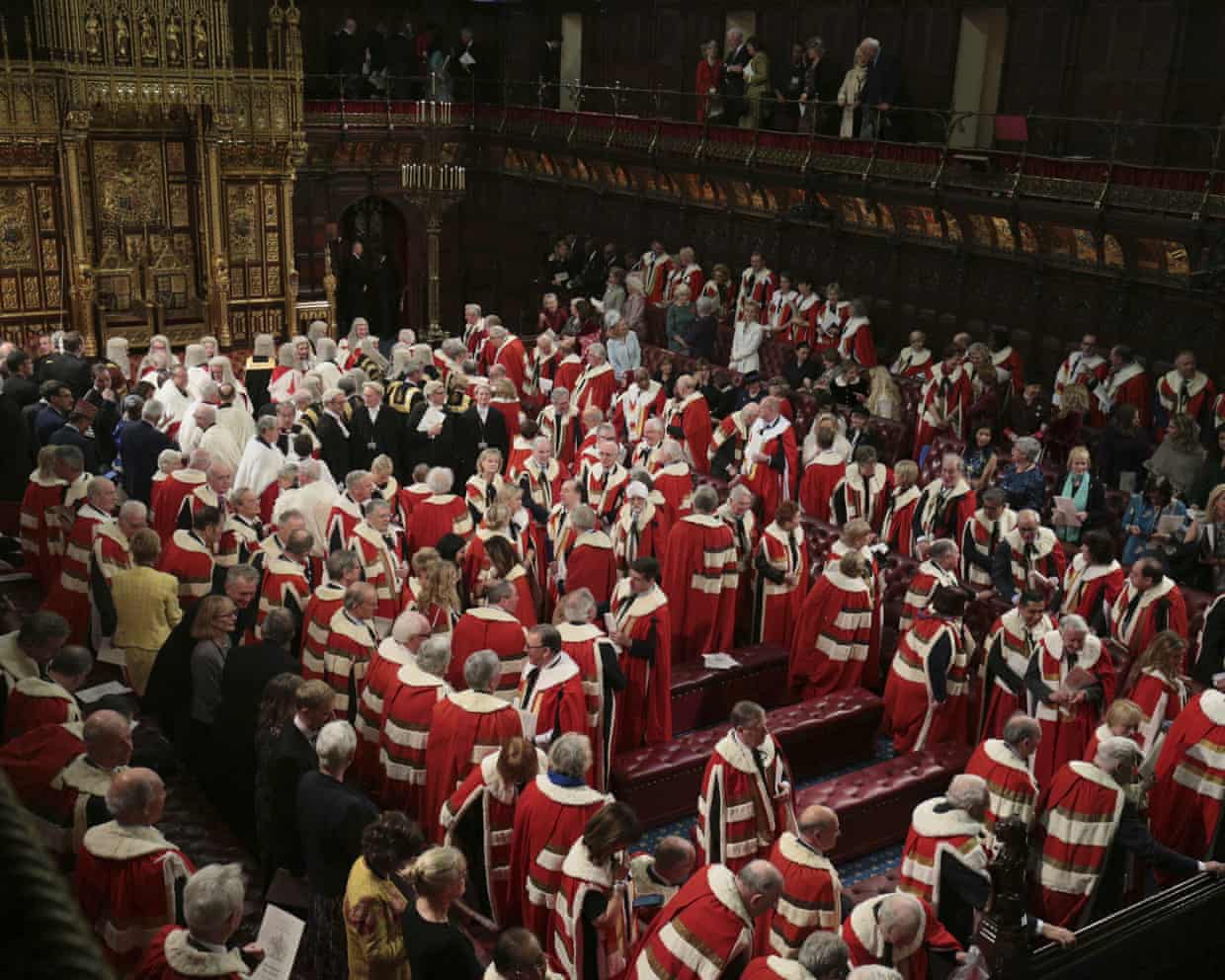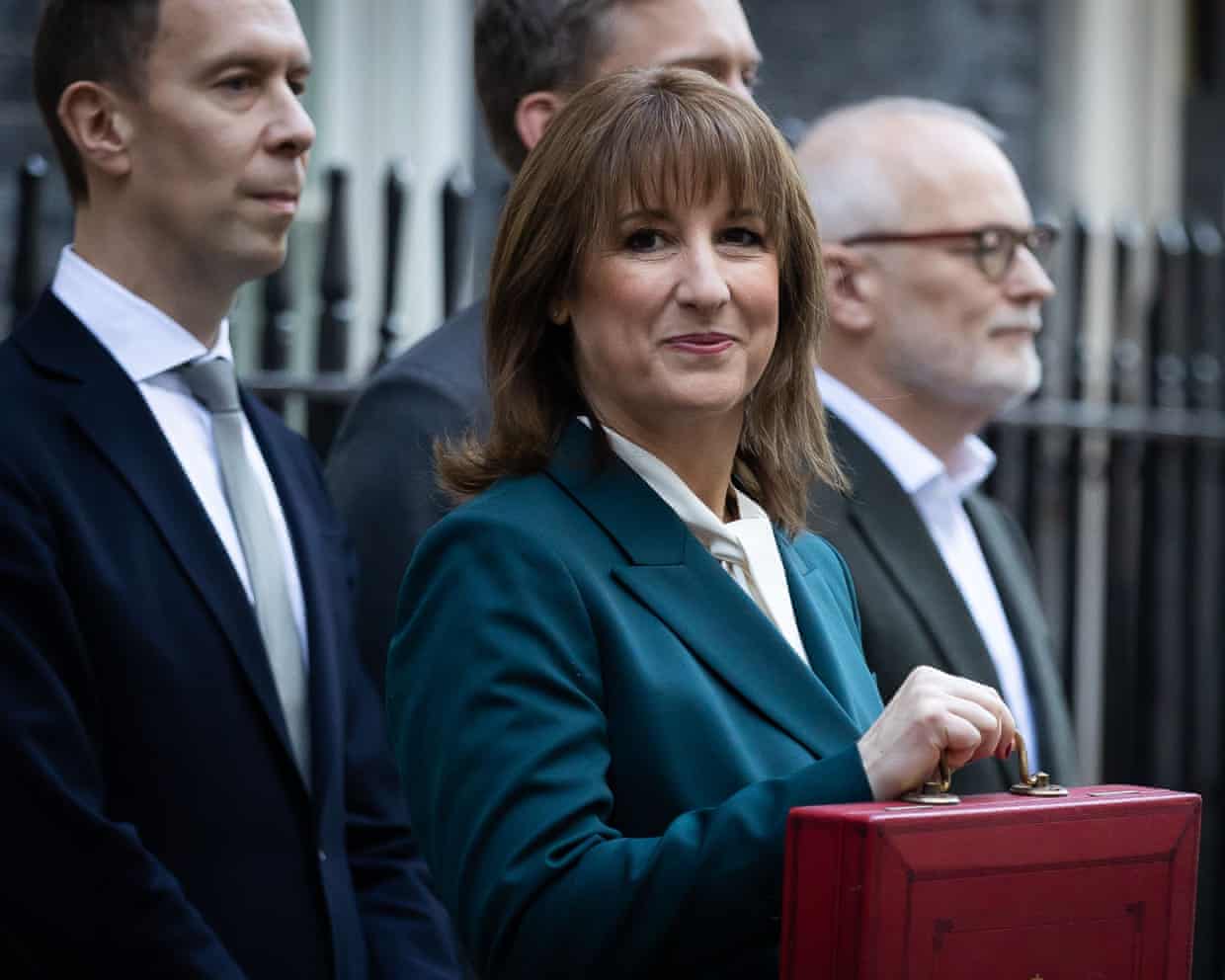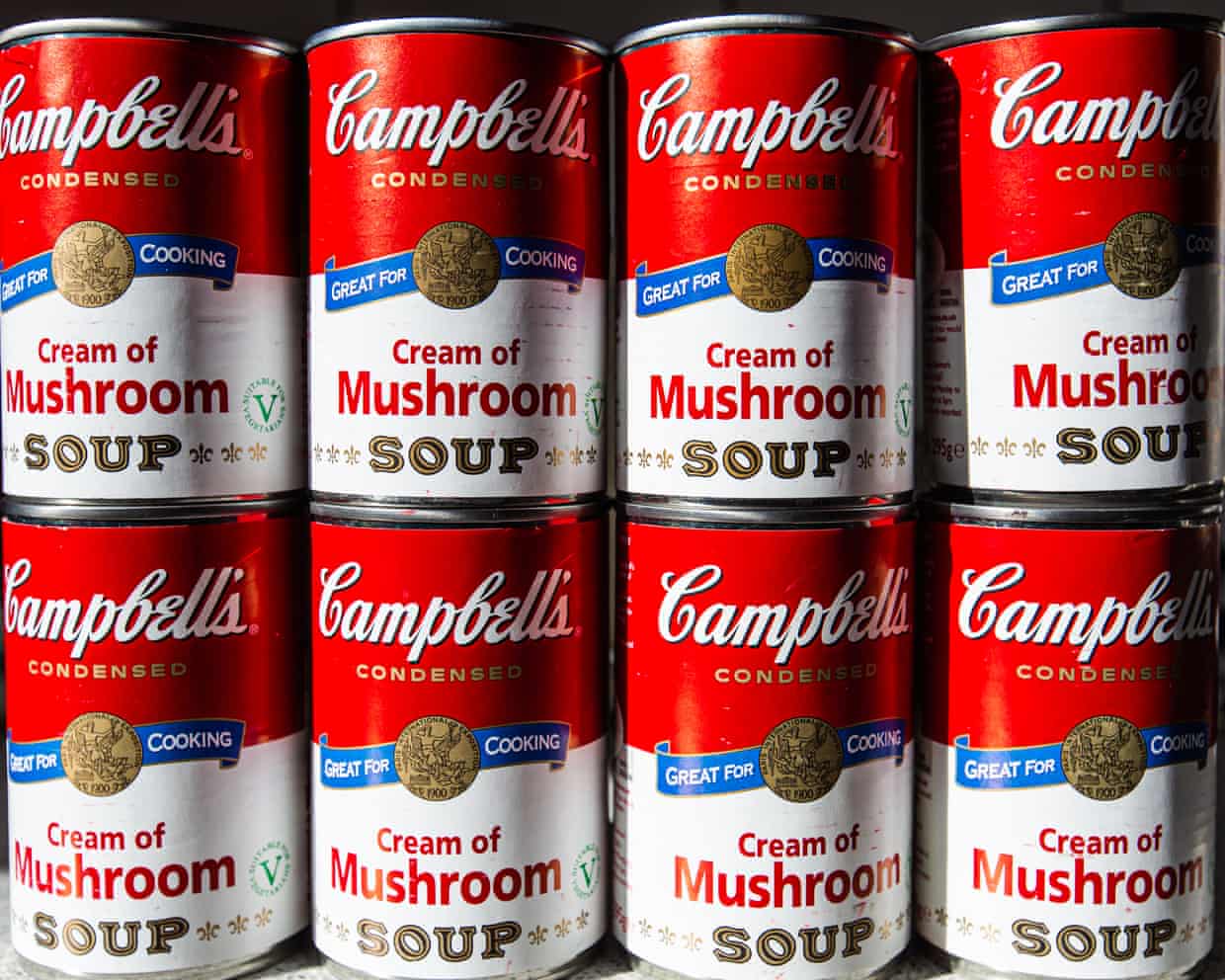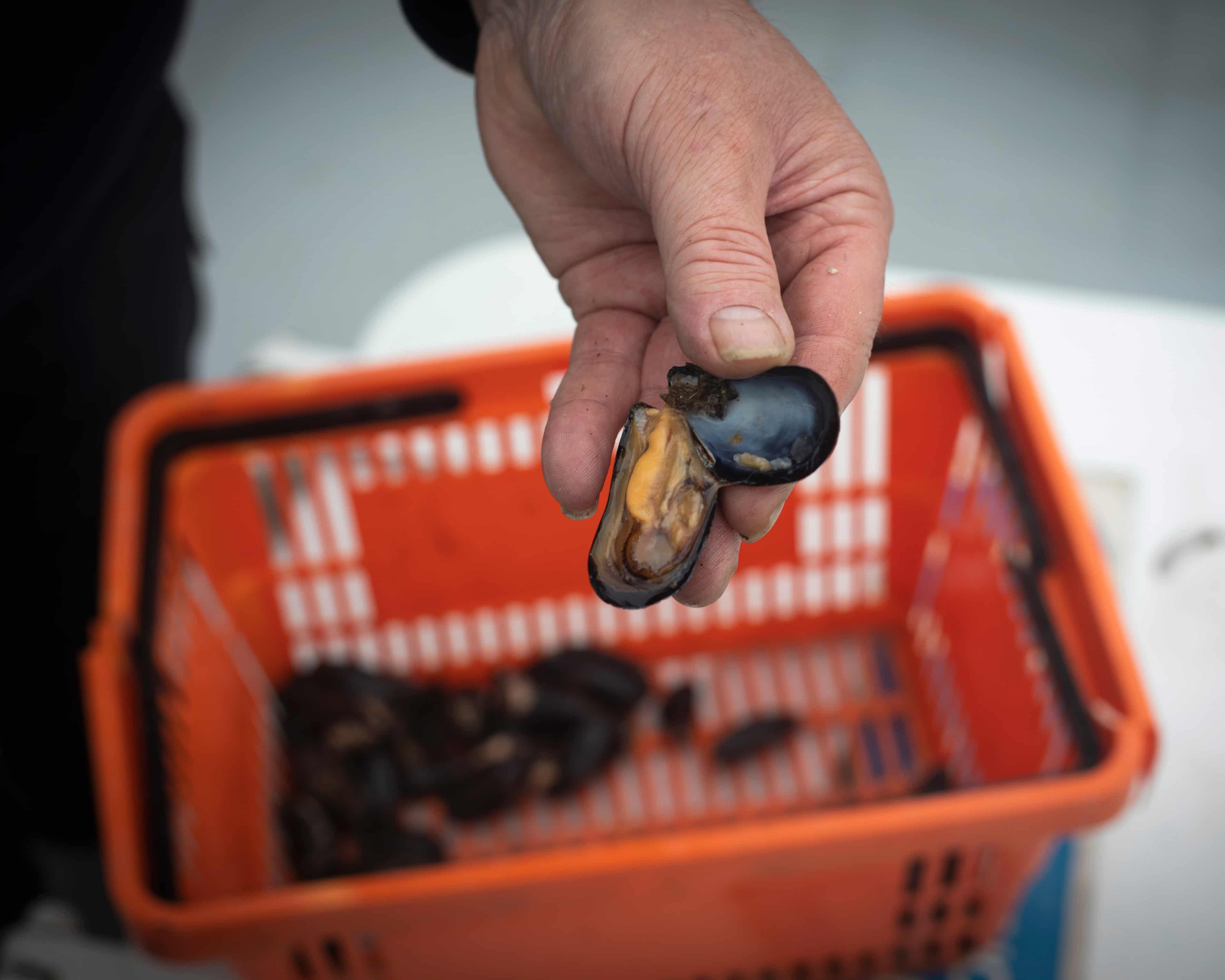‘Unelected power’ of ultra-rich is reshaping British politics, report claims

Structural corruption and the rise of “conduits for unelected power” are reshaping British politics, according to a stark report from the Equality Trust.Unelected influence has increased over the past two decades, the report claims, driven by the growing political clout of the ultra-rich and the institutions that enable it.Priya Sahni-Nicholas, the co-executive director of the trust, said: “Our new Concentration of Power Index shows that wealth concentration aligns with power.Our index rises almost exactly in step with increases in the top 1% share of wealth.This correlation is strong and statistically significant.
”The study – Money, Media and Lords: How the ultra-rich are shaping Britain – argues that unelected power in Britain has risen sharply at the same time as an increasing amount of money is spent on political access and influence.“These trends move in lockstep with wealth concentration at the top and are increasingly embedded within the country’s political and media systems,” said Sahni-Nicholas.The report shows how the appointments system for the House of Lords, the scale of political donations and the concentration of media ownership each function as “conduits for unelected power”.Unelected membership of the Lords, the report highlights, has expanded from 676 to 803 in the past 20 years – the same period that political donations above £250,000 have jumped from £7.6m to more than £47m.
Seven peers in the House of Lords last week behaved in a way critics said was “all but unconstitutional” by in effect blocking a bill passed by the House of Commons after years of public debate.The Guardian’s own analysis has found that one in 10 peers were paid for political advice in the 2019 to 2024 parliament.The trust’s report also shows how media ownership has become dramatically more concentrated, with the share controlled by the UK’s three biggest news conglomerates rising from 71% to about 90%.“This is structural corruption,” Sahni-Nicholas argued.“It is a legal, slow-moving operation where institutions adapt to serve concentrated wealth.
”The UK government is drawing up media amendments allowing foreign states to own up to a 15% stake in British newspapers and magazines.This has caused anxiety among critics who are already concerned that Google commands 93% of UK search engine use, while Meta and Google together account for three-fifths of all UK advertising spend.The trust recommends prohibiting private donations of more than £5,000, putting limits on political appointments and patronage, encouraging ownership diversity and investing in and funding independent local media to dilute the dominance of a few large actors.The report builds on concerns recently raised by the Media Reform Coalition which said the UK media system is in a “perilous state due to the ongoing collapse in media plurality and the declining diversity of news sources”.Its research found that just three companies – DMG Media, News UK and Reach – control 90% of UK national newspaper circulation, a 20% increase in market concentration since 2014.
The UK’s local newspapers are dominated by a handful of corporate chain publishers, with just two companies – Newsquest and National World – controlling 51% of the UK’s 882 local newspapers and online local news websites.The report concluded: “The opaque and unaccountable influence that a few big tech platforms exert on UK media poses serious challenges for independent journalism and our digital rights.”Prof Robert Reich, the co-founder of Inequality Media, warned: “The ultra-rich media owners are tightening their grip on democracy.“Billionaire media owners like [Elon] Musk, [Jeff] Bezos, [Larry] Ellison and [Rupert] Murdoch are businessmen first and foremost,” he said.“Their highest goal is not to inform the public but to make money.
“In an era when wealth is concentrated in the hands of a few individuals who have bought up key media there is a growing danger that the public will not be getting the truth it needs to function in this democracy,” said Reich.

Energy minister says UK must ‘do whatever it takes’ to avoid gas supply crisis
The UK energy minister has said the country must “do whatever it takes” to avoid a gas supply crisis after advisers warned of the risk of a shortage hitting homes and businesses by the end of the decade.Michael Shanks promised the government would “redouble our efforts to decarbonise” the economy and make sure the UK had enough gas storage and import capacity, saying the previous government had failed to plan for shortages.The minister offered assurances after the official energy system advisers warned that Britain could face a gas supply crisis by 2030 and the government should draw up plans to guard against the looming threat.The National Energy System Operator (Neso) warned ministers to address an “emerging risk to gas supply security” that could mean homes and businesses going without gas during a prolonged period of cold weather.“Such scenarios are unlikely,” Shanks said

Economists warn budget built on ‘shaky foundations’; December UK interest rate cut looks more likely – as it happened
Some UK bond yields are now moving a little higher, as the City continues to analyse the budget.The yield (or interest rate) on 10-year gilts has gained four basis points to 4.46% today, which erodes around half of the recovery in yields yesterday.Investors will have noted that while the spending increases in the budget happen quite soon, the tax rises are more back-loaded.As City firm TS Lombard put it:Tightening is mostly kicked into the back-end of the forecast period, with policy actually adding to borrowing in the next few years

Daily Mail’s parent company on ‘credit watch’ over Telegraph takeover
The Daily Mail’s parent company has been warned it could face a credit downgrade if it loads up with debt to fund its £500m takeover of the Telegraph titles.The US credit ratings agency S&P Global Ratings said Rothermere Continuation Holdings Ltd (RCHL) – the Jersey-based parent company of Lord Rothermere’s assets including the Daily Mail, Mail on Sunday, Metro and the i Paper – had been put on “credit watch” as it seeks to put a funding package in place to table a formal deal in the coming weeks.“The detail and funding of the transaction remain unclear but, in our view RCHL has limited headroom under our BB- long-term issuer credit rating to accommodate any additional financial debt, considering its limited size and the fact that Telegraph Media Group (TMG) operates in structurally challenged newsprint and advertising markets,” S&P analysts said in the note.The note said that given the significant valuation of TMG at £500m, compared with RCHL’s “modest size and scale”, S&P believed the transaction might “materially increase its adjusted leverage beyond our threshold”.On Saturday, Rothermere’s Daily Mail and General Trust (DMGT) announced a £500m deal with RedBird IMI to buy the Telegraph titles

Debenhams boss could receive almost £150m if he turns around struggling retailer
The boss of Boohoo and Debenhams could collect almost £150m in shares if he significantly boosts the value of the struggling fashion group, which is battling to turnaround sliding sales.Debenhams Group said on Thursday that Dan Finley, the chief executive, is in line to receive £148.1m in stock in five years’ time, as part of an incentive scheme for top bosses worth more than £200m.The scheme emerged as Debenhams Group said sales slumped 23% to £297m in the six months to 31 August, dragged down by a 41% dive in sales at its “youth brands”, which include Boohoo and Pretty Little Thing. Sales at its Karen Millen brand fell by 31%

Soup firm Campbell’s dismisses executive over alleged ‘poor people’ comments
Campbell’s has dismissed an executive who allegedly referred to the soup company’s products as being made for “poor people” and denigrated its Indian employees.Martin Bally, who was the vice-president of Campbell’s information technology department, was recorded making the alleged comments by another employee.Campbell’s – which started producing canned condensed soup in 1897, and whose cans feature in some of Andy Warhol’s best-known 1960s pop artworks – said it had reviewed the recording and believed the voice to belong to Bally.Campbell’s made “highly processed food” and “shit for fucking poor people”, Bally reportedly told a former employee, Robert Garza, according to a wrongful termination lawsuit filed by Garza.In an hour-long rant, broadcast by a Michigan TV station, Bally goes on to say: “Who buys our shit? I don’t buy Campbell’s products barely any more

‘The customers are still there’: Welsh mussel farmers hope post-Brexit reset can revive business
Rising out of the water, nets bulge with thousands of blue mussels. Pulled back to the dredging boat, they are emptied into a hopper and rinsed with water.They have just been harvested fresh from the bottom of the Menai Strait, the channel that separates the north Wales mainland from the island of Anglesey.On a blustery, damp morning, skipper Alan Owen guides the 43-metre Valente out of Port Penrhyn, close to the city of Bangor, towards the mussel grounds around the pier.“It’s windy today but we’re not jumping up and down as there aren’t big waves

Consumers urged to watch out for Black Friday scams and bad deals – business live

‘A step-change’: tech firms battle for undersea dominance with submarine drones

One in 10 UK parents say their child has been blackmailed online, NSPCC finds

Small changes to ‘for you’ feed on X can rapidly increase political polarisation

Chess: Sindarov, 19, becomes youngest World Cup winner as London Classic begins

Iga Swiatek: ‘I didn’t want to give any points for free – it’s a Wimbledon final and I wanted to win’